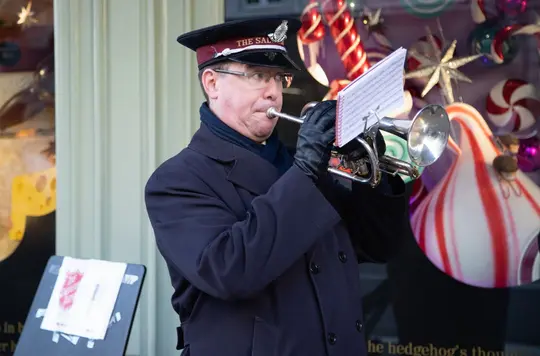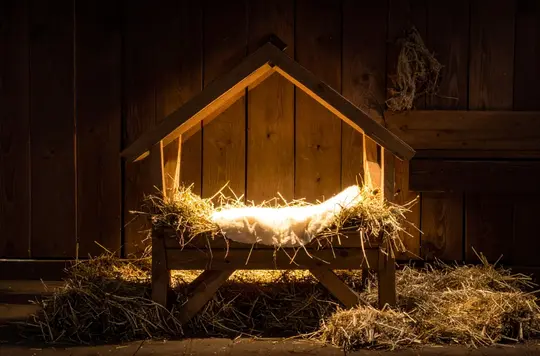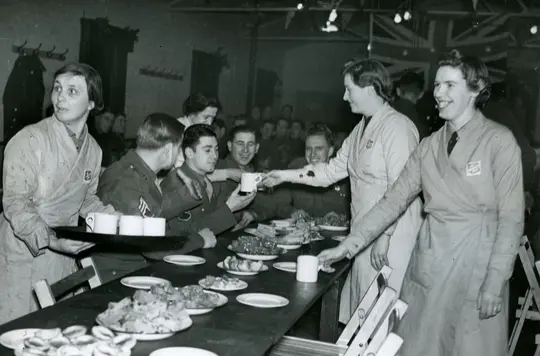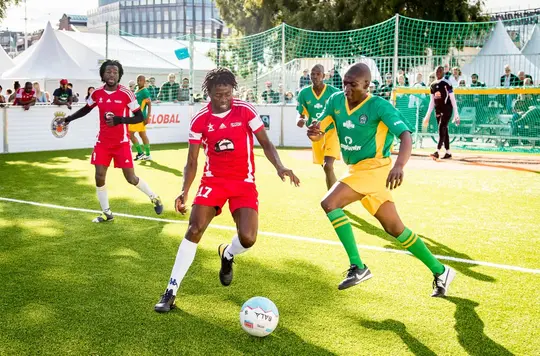23 August 2025
Homeless World Cup: A world of difference
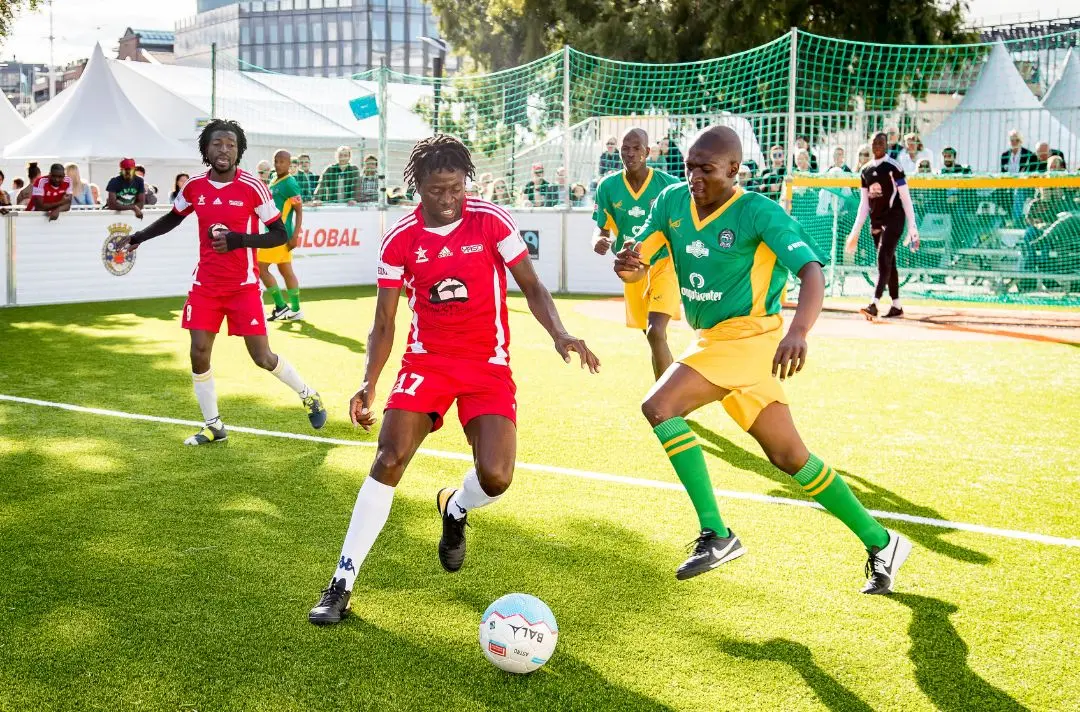
War Cry’s Philip Halcrow finds out about this year's Homeless World Cup hosted by The Salvation Army in Norway.
The 500 footballers from 48 countries battling it out on the pitch in Oslo know all about trying to play their way out of a difficult situation.
The men and women who make up the 63 teams have demonstrated their footballing skills, developed their confidence and made healthy choices.
Now they are walking out at the Homeless World Cup – which is held every year in a different country, and is this year being hosted by The Salvation Army in Norway.
Oslo 2025 marks the second time that the Norwegian Salvation Army has hosted the competition between teams of players who have experienced homelessness.
‘When the Homeless World Cup was in its early days, we got in contact with the organisers, and they said they didn’t have a partner in Norway,’ says Major Knut Haugsvær, The Salvation Army’s project leader for Oslo 2025.
‘So we became the partner of the Homeless World Cup Foundation for Norway, and hosted the tournament in 2017. We also run the national team.
‘It is only in Norway where The Salvation Army is the partner – very often it is another NGO or a football association or Big Issue – but when we go away, we are always meeting people who have either lived in a Salvation Army facility or worked for The Salvation Army.’
Hosting the tournament is a major operation, says Andrew Hannevik, assistant communications manager for The Salvation Army in Norway.
‘You’re host to all these players and staff from around the world,’ he explains. ‘So you have to provide accommodation, you have to feed them.
‘The Homeless World Cup Foundation organises the tournament itself, but we arrange the medal ceremonies and the fringe activities – we are holding a forum with politicians to discuss homelessness and all things around it.
‘We are very fortunate that the government and local government are sponsoring the event, because it’s a huge sum of money.’
Andrew says that The Salvation Army’s footballing philosophy means it was natural for the church and charity to want to host the Homeless Word Cup.
‘We run a lot of teams around the country,’ he says. ‘And every year, we host the national championships, where many teams come – not only Salvation Army teams, but also teams from other NGOs and from some of the elite clubs in Norway, who have activities for people with addictions or mental health issues.
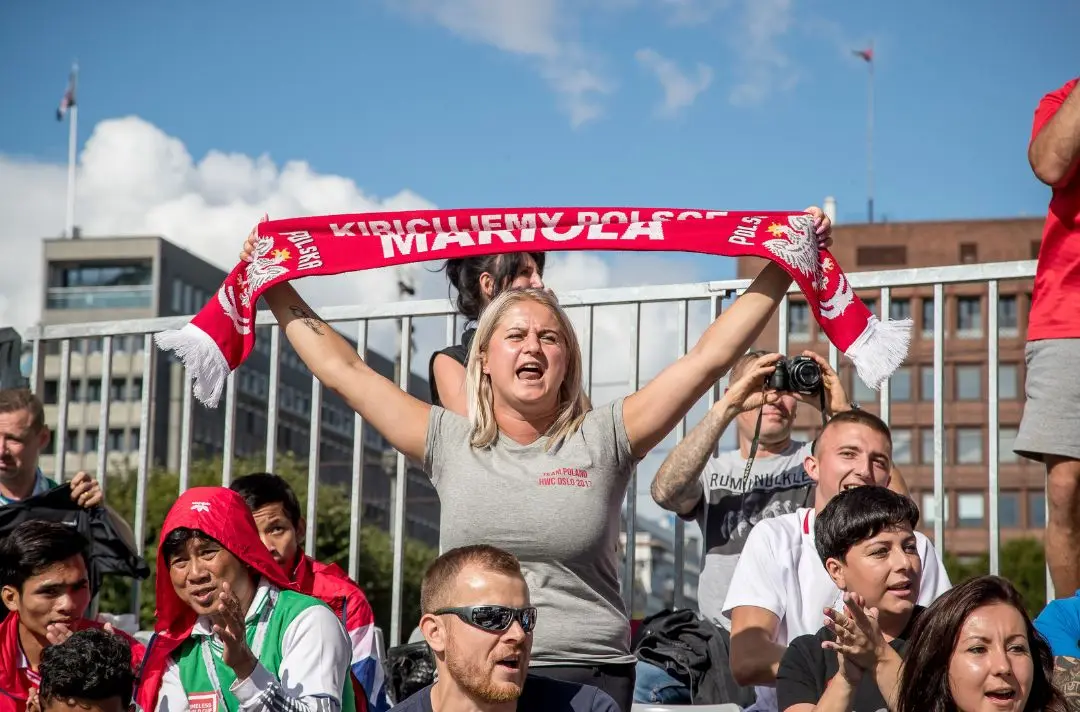
‘But we were both football guys, and we saw that there is an international language called football. We said that there could be a match between Scotland and Austria.
‘In a way, we were just mucking around, but then we said, why don’t all the street papers come and we could call it the Homeless World Cup? We knew football was a very inclusive way of involving people.
‘And when we recruit for the national men’s and women’s teams, we can select players from all teams.
‘For us, football is a week-in, week-out activity because it’s part of our whole image of how to help people who are struggling with homelessness and other issues. As well as a place to live, we give them a network and activities.’
Oslo 2025 is the 20th edition of the Homeless World Cup – a tournament that began when Mel Young, co-founder of the Scottish edition of the Big Issue, began casually kicking around the idea with a colleague.
The Big Issue had been successful in London, and because of that success other street papers had started up around the world, and we created the International Network of Street Papers,’ says Mel.
‘Once a year, the editors and founders of street papers would get together to exchange ideas and support one another. At the end of one conference, I was speaking with a colleague from Austria, and we were saying that, while the conference had been great, there had been no homeless people there.
‘We wondered how we could get homeless people involved in events, but we saw that there could be issues around visas or the problem of language.‘The next morning, before we left the hotel, we said: Let’s do it. We had the first event in 2003 in Austria. It was an outstanding success in lots of ways.
First of all, homeless people changed out of all recognition. Secondly, crowds came to watch and were cheering homeless people, which was not – certainly at the time – usual.
Thirdly, the world’s media turned up and wrote positive stories, when – particularly in the UK – there were a lot of negative stories in the press about how homeless people were causing the economy to crash.’
In 2003, 16 teams competed in Graz, Austria. This year, 40 men’s teams and 23 women’s teams are expected to be in Oslo. Mel says that in the years since the first event, the Homeless World Cup has had great success in using football to get results.
‘When you’ve been homeless, your self-esteem is gone, your confidence is very low,’ he says. ‘So, well before anyone is selected for their national side, football is making people feel part of a team.
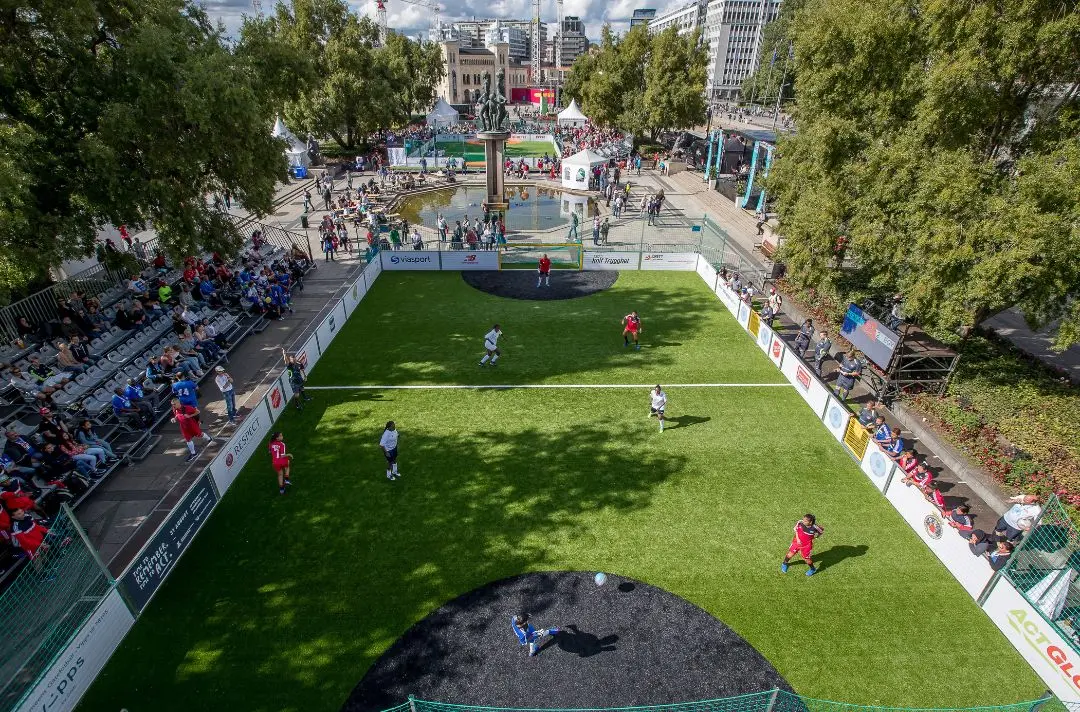
‘It’s building up their confidence so they can kick a ball. It’s showing them that it’s important how you kick the ball. Then there’s the requirement that they come back the next day and be part of the group of guys kicking the ball.
‘Then you are selected to represent your country, and now you’re singing the national anthem. People are applauding you and your selfesteem is rocketing.
‘It’s not just the tournament. They’ve been through a whole process. But the Homeless World Cup will be what pushed them finally out of homelessness and into our world.’
Each Homeless World Cup features not only the competition – one between teams made up of men and women, the other between women’s teams – but also discussions on how to end homelessness.
And The Salvation Army in Norway adds something else into the mix.
‘Last time we had the tournament, we said that we would like to have a church,’ says Knut. ‘Some people were a little bit sceptical about whether it was OK, because people were coming from all over the world with different religious affiliations and beliefs or none. But The Salvation Army is a church, so we had to have a church.
‘After a week, we saw that our tent was the one that people came to the most – including the referees and staff. We were serving waffles, having coffee, chatting with people.
‘Sometimes there was music going on, but most of the time it was just people being there together. This is how The Salvation Army is. We are a church without walls.’
Noting that Salvation Army ministers from around the world have been invited to serve as chaplains at the event, Andrew says: ‘If people want to play football and go to sleep afterwards, that’s fine. But we’re just making ourselves available. If somebody wants to talk about anything, we’re there for them.’
Andrew and Knut insist that The Salvation Army wants to help in any way it can – and they believe football has a part to play.
Signe Haukvik Haugen, a project leader with The Salvation Army’s work on housing and a manager of the Norwegian national team in its street soccer programme, agrees.
‘Street soccer means a lot for the 1,334 players all over Norway,’ she says. ‘It brings people together. And it gives the players a reason to wake up in the morning and the strength to make changes in life.’
Written by

Philip Halcrow
War Cry


